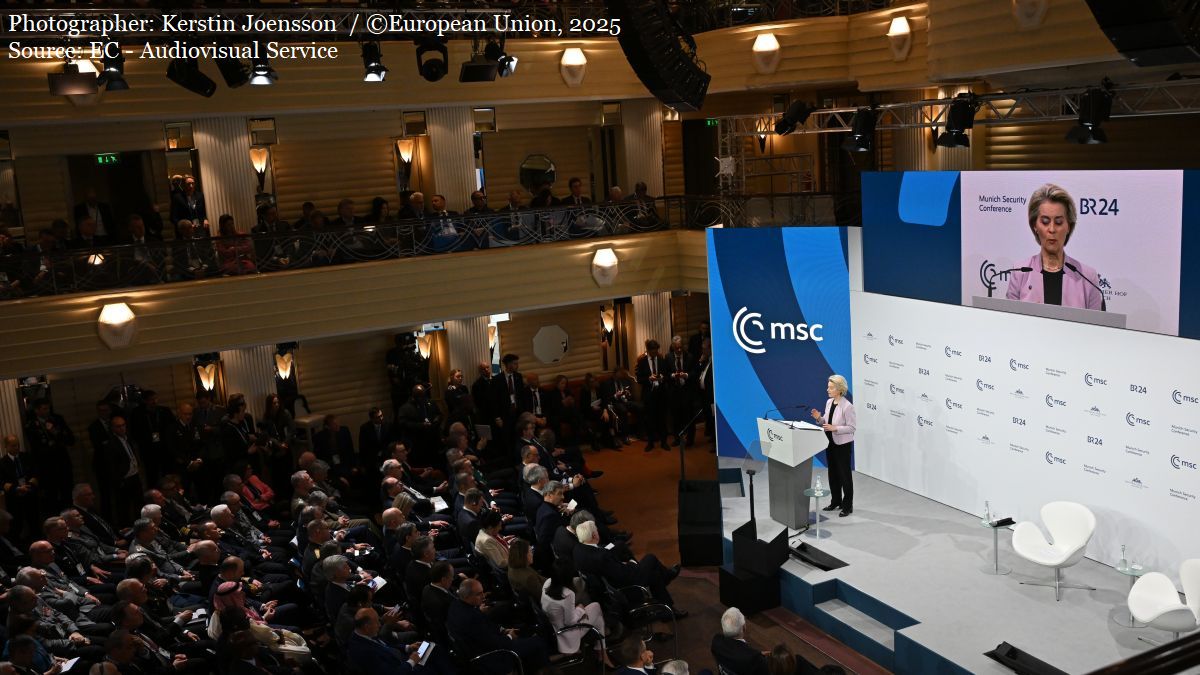Europeans are closing ranks
Europe will continue to support Ukraine and invest more in its own defense

Ştefan Stoica, 18.02.2025, 13:50
In a few days, it will be three years since Moscow’s invasion of Ukraine. Three years after which it’s difficult, if not impossible, to identify high-level meetings on the conflict and Western aid to Kyiv at which the Europeans do not sit at the same table with the Americans. This happened on Monday in Paris, where the leaders of the main EU states and the heads of community institutions gathered for an emergency informal summit. They were forced to meet by the way in which Washington, increasingly unpredictable under the new Trump administration, treats its traditional allies across the Atlantic.
General Keith Kellogg, the US president’s special envoy for Ukraine and Russia, had stated at the Munich Security Conference that European leaders would be consulted but would not participate in negotiations to end the war. European Commission President Ursula von der Leyen and European Council President Antonio Costa said on Monday that Ukraine deserved a peace that respected its independence, sovereignty and territorial integrity and was backed by strong security guarantees. A peace through strengh, as the two called it. Europe, they promised, was offering all its military aid to Ukraine and considered it dangerous to conclude a ceasefire without a peace agreement.
This is the lesson learned from the Minsk agreements, which sought to end the conflict after Russia’s occupation of the Ukrainian peninsula of Crimea and Sevastopol in 2014. According to British Prime Minister Keir Starmer, it is right that European nations, including Britain, demonstrate a willingness to do more for collective self-defense. Europe is ready to invest more in our security, assured the NATO Secretary General Mark Rutte.
The summit ended with a call for unity for transatlantic security and responsibility for Ukraine. Ukrainian President Volodymyr Zelensky said on Monday evening that he had discussed security guarantees and achieving lasting peace in Ukraine with the French President Emmanuel Macron. “We share a common vision: security guarantees must be solid and viable,” Zelensky wrote on the X platform. In his opinion, any other decision in the absence of such guarantees, such as a fragile truce, would be nothing more than another Russian deception and preparation for a new Russian war against Ukraine or other European countries.
In Bucharest, the presidential advisor Cristian Diaconescu categorically denied information appearing in the public space according to which Romania would have received an invitation to the Paris meeting but declined it. He announced that the Romanian side is working to open a series of communication channels and that developments will soon follow in terms of Romania’s positioning, of generating a certain type of European and transatlantic solidarity, because both are in the interest of the country’s security. (MI)






























